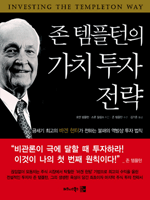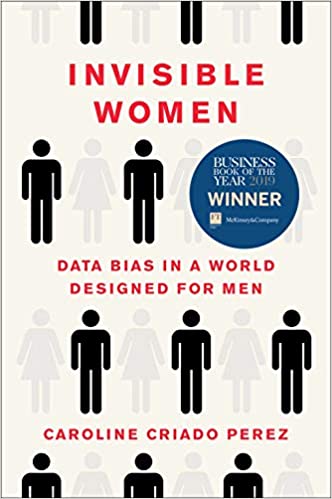





| ұ№і»јӯ әПҪбёУё® | [633,897]ұЗ АРАҪ | |
|---|---|---|
| ЗШҝЬјӯ ЗБё®әд | [0]ұЗ АРАҪ | |
| ұЫ·О№ъ Ж®·»өе | [2]ұЗ АРАҪ | |
| №Мөрҫо әкё®ЗОҪә | [582]ұЗ АРАҪ |
 [1255]ұЗ
[1255]ұЗ 
 |
мЎҙ н…ңн”Ңн„ҙмқҳ к°Җм№ҳ нҲ¬мһҗ м „лһө | |
| АъАЪ | лЎңл Ң н…ңн”Ңн„ҙВ· мҠӨмҪ§ н•„лҰҪмҠӨ(м—ӯмһҗ: к№Җкё°мӨҖ) | ||
| ГвЖЗ»з | 비мҰҲлӢҲмҠӨл¶ҒмҠӨ | ||
 |
Invisible Women: Dat | |
| АъАЪ | Caroline Criado Perez | ||
| ГвЖЗ»з | Harry N. Abrams | ||
 |
лҜёкөӯ мҶҢл§ӨмӢңмһҘмқҳ кёүкІ©н•ң 진нҷ” The | |
| мҳЁлқјмқёкіј лӘЁл°”мқјмқҳ кёүкІ©н•ң 진нҷ”лЎң мҶҢл§Ө мӢңмһҘм—җ м§ҖкІ© ліҖлҸҷмқҙ мқјм–ҙлӮҳкі мһҲлӢӨ. лҜёкөӯлҸ„ н•ңкөӯкіј л§Ҳм°¬к°Җм§ҖлЎң мқҙ мӮ°м—… мҳҒм—ӯм—җм„ң кёүкІ©н•ң ліҖнҷ”к°Җ 진н–ү мӨ‘мқҙлӢӨ. нҳ„мһ¬ м–ҙл–Ө мқјмқҙ мқјм–ҙлӮҳкі мһҲкі , м–ҙл–Ө л°©н–Ҙмқҳ нҠёл Ңл“ңк°Җ нҳ•м„ұлҗҳкі мһҲлҠ”м§Җ мӮҙнҺҙліҙмһҗ. | ||
 |
мһ„мң м •мқҳ лӮҳмқҳ мҠӨн”јм№ҳ мҠӨнғҖмқјмқ„ л°”кҝ”лқј | |
| АъАЪ | мһ„мң м • | ||
| ГвЖЗ»з | мӣҗм•Өмӣҗл¶ҒмҠӨ | ||
 |
мҳӨлҠҳлҸ„ нҸүнҷ”лЎңмҡҙ л°©к°Җл„Өмһ…лӢҲлӢӨ | |
| АъАЪ | л°©нҡЁм„ мҷё | ||
| ГвЖЗ»з | 21м„ёкё°л¶ҒмҠӨ | ||